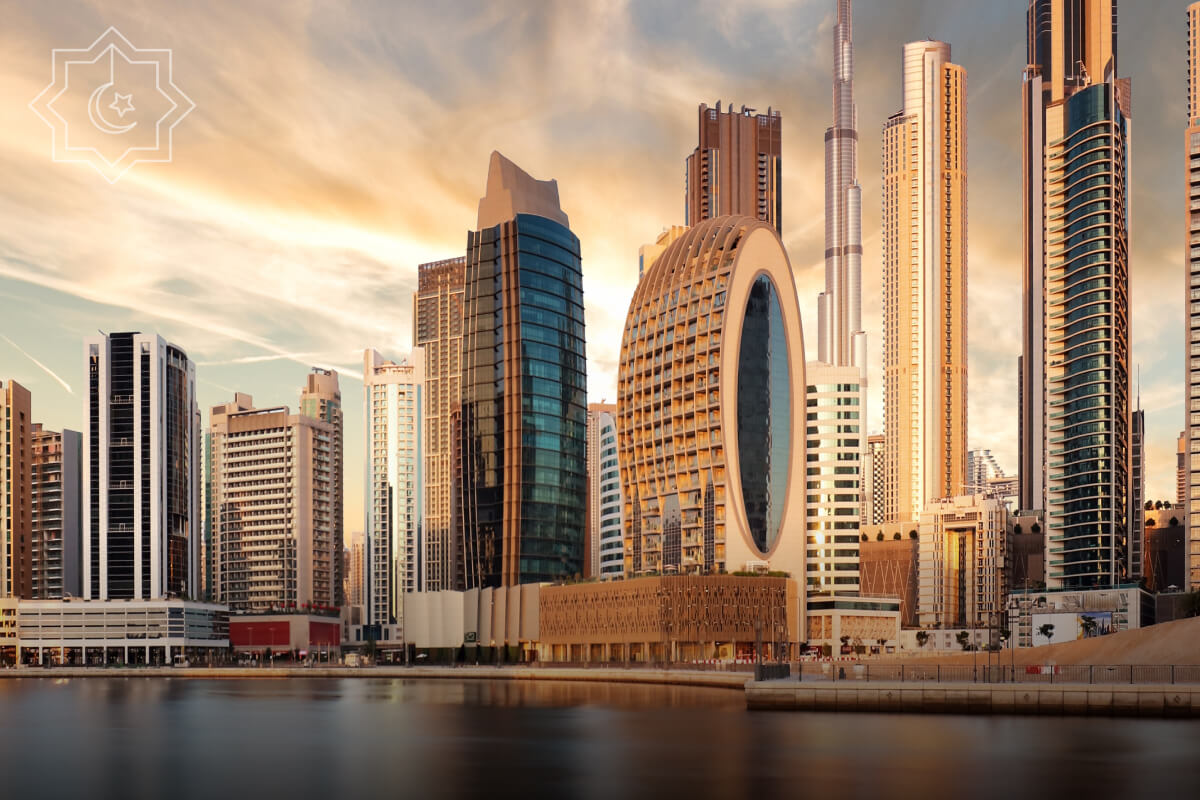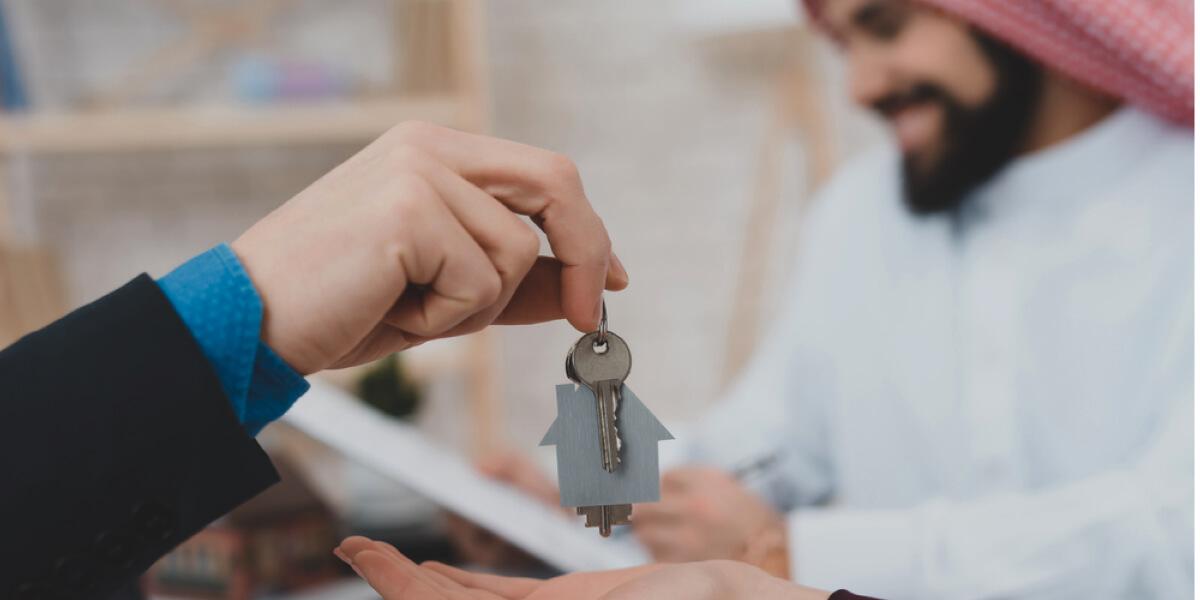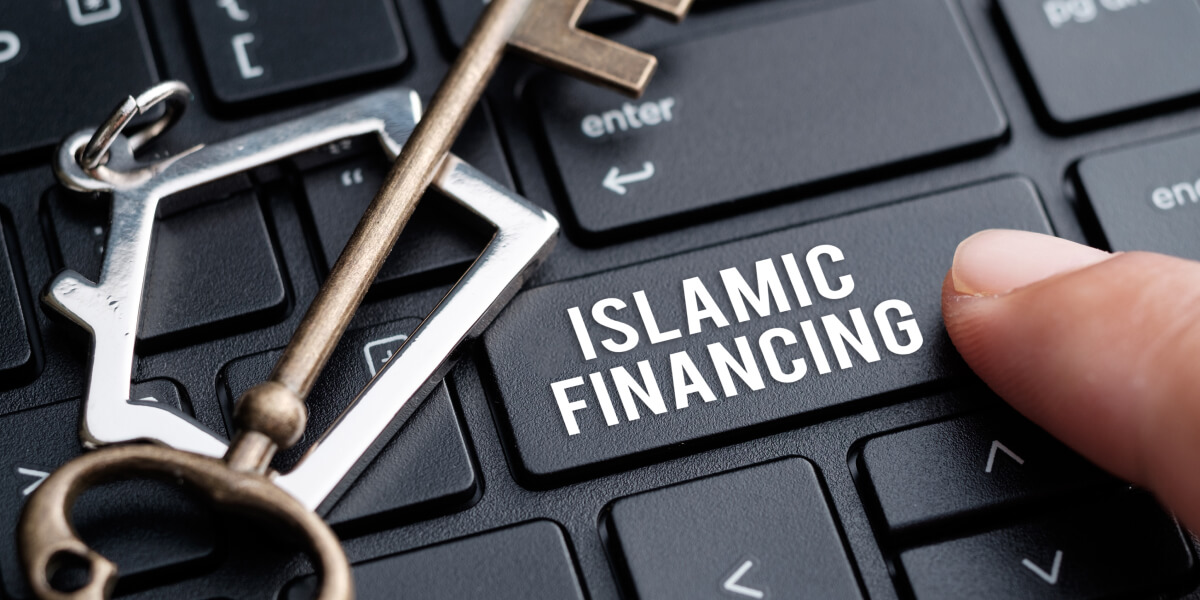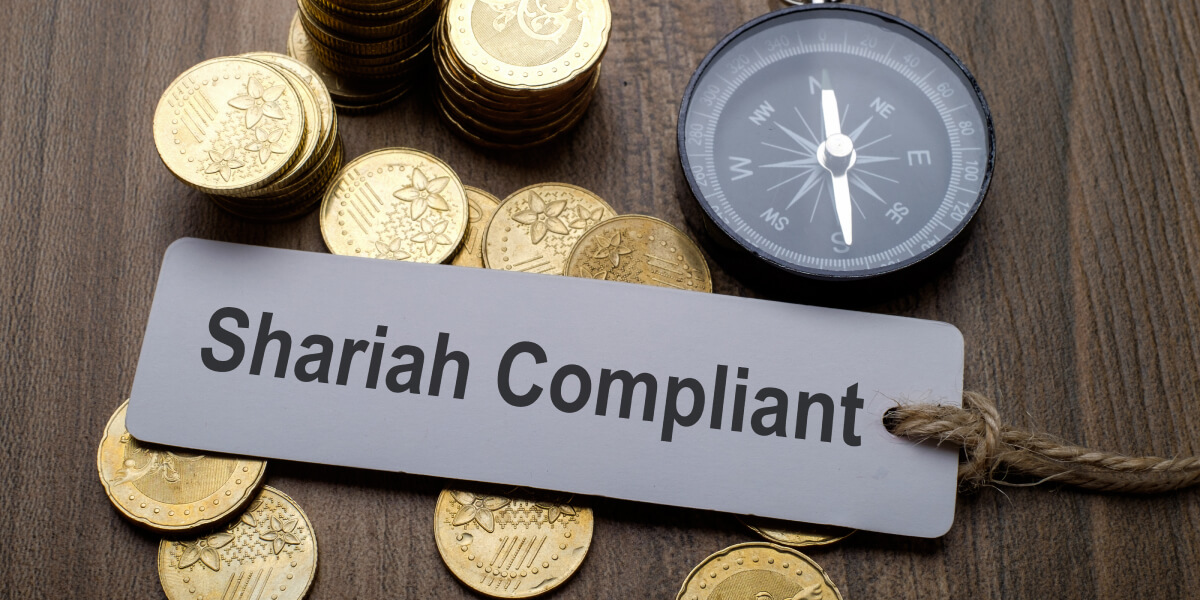
Islamic Sharia-Compliant Mortgages and ESG Principles
Islamic finance is quickly becoming very popular and accelerating a transformation in the real estate industry. As a core, it offers innovative and ethical alternatives to traditional financing. It's astonishing that Islamic banking assets currently exceed expectations, and this speaks a lot about the system's drive and how fairness, risk-sharing, and transparency are becoming new, desirable standards. In the financing industry and not only in muslim majority countries, but all around the world, islamic banking sets the bar really high.
➞ Suppose you are considering or already dealing with Sharia-compliant mortgages, ESG-aligned investments, or commercial property development. In that case, it's important to take advantage of the rise of Islamic finance and reach a sustainable and equitable future.
The Rise of Islamic Finance in Real Estate

Islamic finance revolutionizes financing in real estate markets in today’s search for ethical financial solutions. And these can comply both for corporate areas, residential properties, or for instance, single family homes.
This approach significantly impacts long-term stability in financial transactions, as it avoids speculation and focuses on genuine trade or asset-based deals. The focus on ethical property ownership aligns with the values of an increasingly conscious global audience.
In 2023 alone, Islamic banks financed over $400 billion in real estate projects across the Middle East, Asia, and even Western markets like the United States. Developers are increasingly designing projects to align with these principles, tapping into a previously underutilized capital pool and fostering growth in sustainable property development.
Understanding Islamic Mortgages
An Islamic mortgage, often called halal or Sharia-compliant, is structured differently from conventional loans. It eliminates paying interest (riba) and replaces it with risk-sharing and equitable partnerships.
The Three Main Types of Islamic Mortgages:
|
(Lease-Based Financing)
|
The bank purchases and leases the property to the buyer, with monthly payments gradually contributing to ownership.
|
|
(Cost-Plus Financing)
|
The bank buys the property and sells it to the buyer at a higher price, with payments made in fixed installments.
|
|
(Partnership)
|
In a joint venture model, the buyer acquires the bank’s share over time while paying rent for the remaining portion.
|
These models focus on fair and non-interest financing, making Islamic home financing appealing for faith-based reasons and their broader ethical and financial benefits.
Islamic Finance and ESG Principles: A Perfect Match

The alignment between Islamic finance principles and ESG investing principles has created opportunities for sustainable investments. Both systems prioritize ethical considerations, social responsibility, and environmental sustainability.
For example, green sukuk (Islamic bonds) are increasingly used to fund sustainable projects. In 2023, over $15 billion in green sukuk was issued globally, reflecting a shared commitment to creating a sustainable future.
✅ This overlap has positioned Islamic finance as a key player in integrating ESG values into the financial system and broader financial markets.
Islamic Finance in Commercial Real Estate

Applying Sharia-compliant financing in commercial property development is reshaping the global market. Developers benefit from ethical risk-sharing models like Ijara and Musharakah, which foster long-term financial stability.
In the GCC region, Islamic banking assets have surpassed $265 billion, with property finance accounting for a significant portion. Saudi Vision 2030 and Malaysia's leadership in real estate finance innovations greatly contribute to growth. These showcase the appeal of Sharia-compliant financial solutions in both emerging and developed markets.
By avoiding speculative practices and charging interest, these forms of financing promote stability and align with the ethical standards of modern investors.
To learn more about the opportunities and strategies for high-net-worth individuals in Islamic banking, read our detailed blog: Islamic Banking and Finance for High-Net-Worth Individuals.
Sharia-Compliant Property Finance: Key Considerations

Investors must meet specific guidelines to qualify for Islamic property finance. For instance, properties must avoid income from prohibited activities such as alcohol sales or gambling. Insurance must also follow takaful principles, emphasizing mutual risk-sharing rather than conventional risk transfer.
These criteria ensure adherence to ethical standards while promoting transparency and fairness in financial transactions, making Sharia-compliant options attractive to a growing number of global investors.
Additionally, sales contracts and agreements must explicitly state compliance with Islamic law to maintain alignment with ethical principles. This transparency further establishes trust in the financial system.
Why Halal Mortgages Are Gaining Popularity

For many, halal mortgages provide a stable and ethical financial alternative. Fixed payment structures eliminate uncertainties tied to fluctuating interest rates, and the emphasis on fairness aligns with modern investment priorities.
Unlike conventional options, where payments often fluctuate based on market conditions, halal mortgages ensure predictable cash flow, promoting stability for both borrowers and lenders.
In addition to financial predictability, these products promote risk-sharing and transparency, making them appealing to both faith-based and ethically motivated investors.
Technology Driving Change in Islamic Finance
Technology is revolutionizing the Islamic finance market, integrating modern solutions into traditional structures. Automated compliance tools and blockchain-based smart contracts enhance transparency and make processes more efficient.
For example, smart contracts facilitate seamless transactions, while fintech platforms allow for automated Sharia compliance screening, simplifying access to Islamic mortgages and other financing options.
The Global Reach of Islamic Finance

The growth of Islamic finance is no longer confined to traditional markets. In the GCC, Vision 2030 initiatives are expanding its scope, while Malaysia continues to lead in innovative Sharia-compliant real estate products like REITs. Even Europe and the United States are witnessing increasing demand for Islamic financing solutions.
Major financial institutions now offer dedicated Islamic banking divisions, enabling cross-border investments and bridging economic and cultural divides. This internationalization underscores the appeal of Sharia principles in modern financial markets.
The Future of Islamic Property Finance
As questions about sustainability and ethics grow louder in traditional finance, Islamic finance principles provide an alternative grounded in transparency, fairness, and risk-sharing. These products reshape global financial landscapes, from green sukuk funding environmental projects to Sharia-compliant mortgages.
With a focus on ethical practices and long-term sustainability, Islamic finance continues to expand its role in building a more inclusive and responsible financial system.
Get Expert Guidance for Sharia-Compliant Financing
Navigating Islamic property finance requires expertise to ensure compliance and maximize returns. Wealth Consulting, with offices in global financial hubs like Dubai and Riyadh, offers comprehensive solutions for Sharia-compliant mortgages and real estate financing.
Contact us today to explore your options and take the first step toward ethical and sustainable property investments.
Contents
- The Rise of Islamic Finance in Real Estate
- Understanding Islamic Mortgages
- Islamic Finance and ESG Principles: A Perfect Match
- Islamic Finance in Commercial Real Estate
- Sharia-Compliant Property Finance: Key Considerations
- Why Halal Mortgages Are Gaining Popularity
- Technology Driving Change in Islamic Finance
- The Global Reach of Islamic Finance
- The Future of Islamic Property Finance
- Get Expert Guidance for Sharia-Compliant Financing
